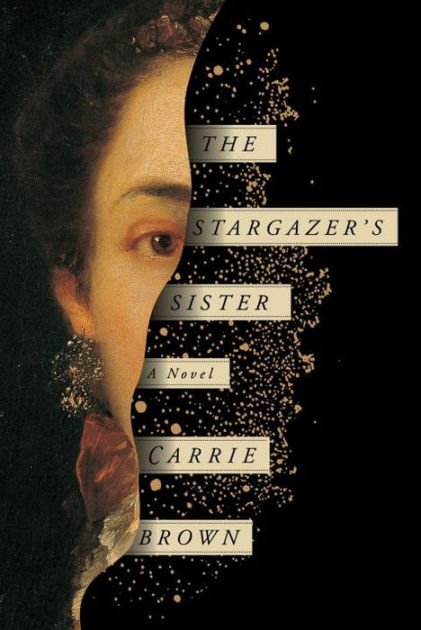In the mid 18th century, Caroline Herschel became the first woman to discover a comet. Sister of noted astronomer William Herschel, she had no rigorous formal education — only a curious mind and a supportive brother.
Caroline — Lina — and William were two of eight children and were raised in Hanover, Germany. Their father was a musician and taught his family music and numerous instruments. William left Germany to become a church organist in Bath, England. After the death of their father, he brought Lina to England with him and the two became an inseparable pair (In the midst of all his scientific discovery, he wrote three dozen symphonies and many concertos, sonatas and other pieces).
Herschel designed and built his own telescopes, ground his own lenses and was constantly trying to improve upon Earthbound humans’ view of the sky. He even constructed a 40-foot telescope and scaffold for viewing.
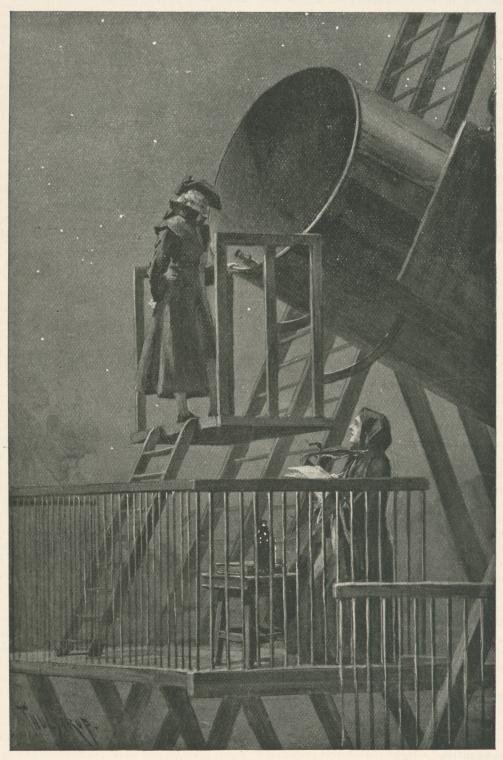
The novel is, of course, fiction, but it is firmly within the scope of reality. Told from Lina’s perspective, it draws on biographical details, letters, research journals and her own memoir to sketch the inner thoughts of a brilliant woman.
Often relegated to being William’s assistant and housekeeper, her character expresses frustration and exhaustion at the grueling, unending work. Still, she finds significant satisfaction and pride in their accomplishments, including renown and even a visit from King George himself.
By steps, she stretches her freedom and allows herself to truly explore what is possible for her life.
She listens to the sound of the waves. Above her the stars seem to shift a little in the wind, the whole sky adjusting itself. Truly, only a benevolent, delighted God could make a display so extraordinary, she thinks, the lights so numerous and delicate, the darkness so vast. ~Pg. 90
The few lines when she discovers a previously unseen comet is sparkling.
She feels as if she is seeing a creature long thought to be extinct emerge blazing from the dark forests of the sky, out of the past itself. She understands now, as she did not on that first night on the ship, the time the universe contains, the depth of its history truly beyond her comprehension. Comets seem like messengers from another epoch, another world together. ~Pg. 261
In her day, astronomy was an unforgiving pursuit, requiring long hours, late into the night, and in all types of weather. Notes had to be copied out by hand and letters transcribed for future reference. It was grueling work, and the ability to verify findings was incredibly difficulty.
Caroline Herschel was a woman far ahead of her time and she managed to find a way to be remembered. She accomplished with dexterity things that anyone – man or woman – find challenging. The novel is vivid and steeped with sepia tones. It is even-handed and while the reader sees the obstacles put in Lina’s way, there are no melodramatic scenes or overwrought conflicts. Brown has created a sketch portrait of an important historical figure.
____
Side note: In summer 2011, I visited the Herschel Museum House in Bath, England. It is a fabulous museum and I highly recommend it. I’m including some photos from the stop.
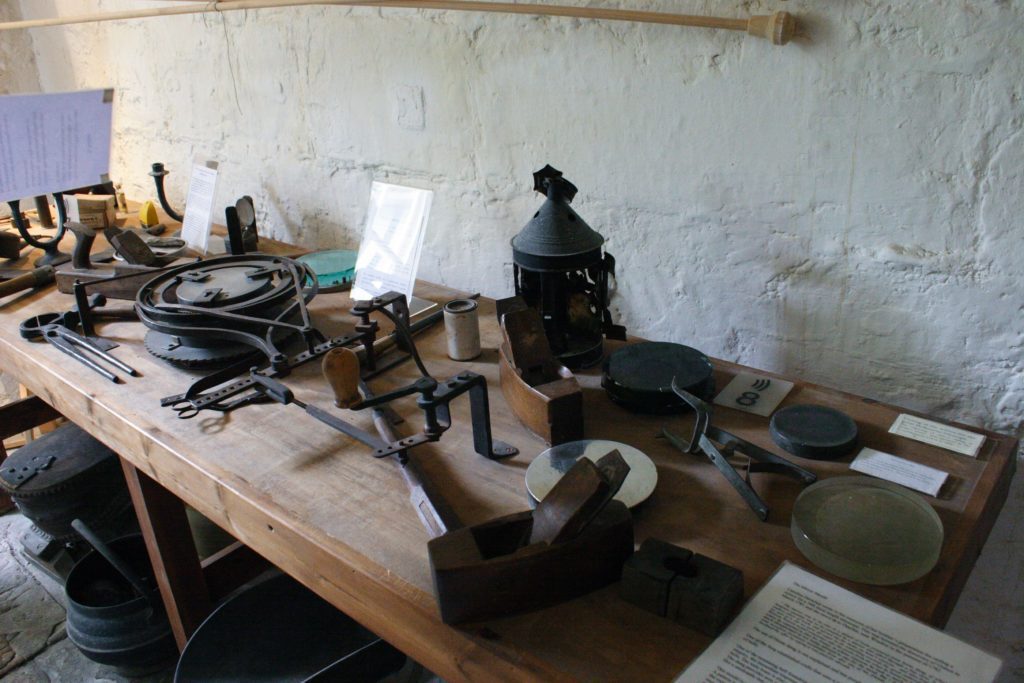
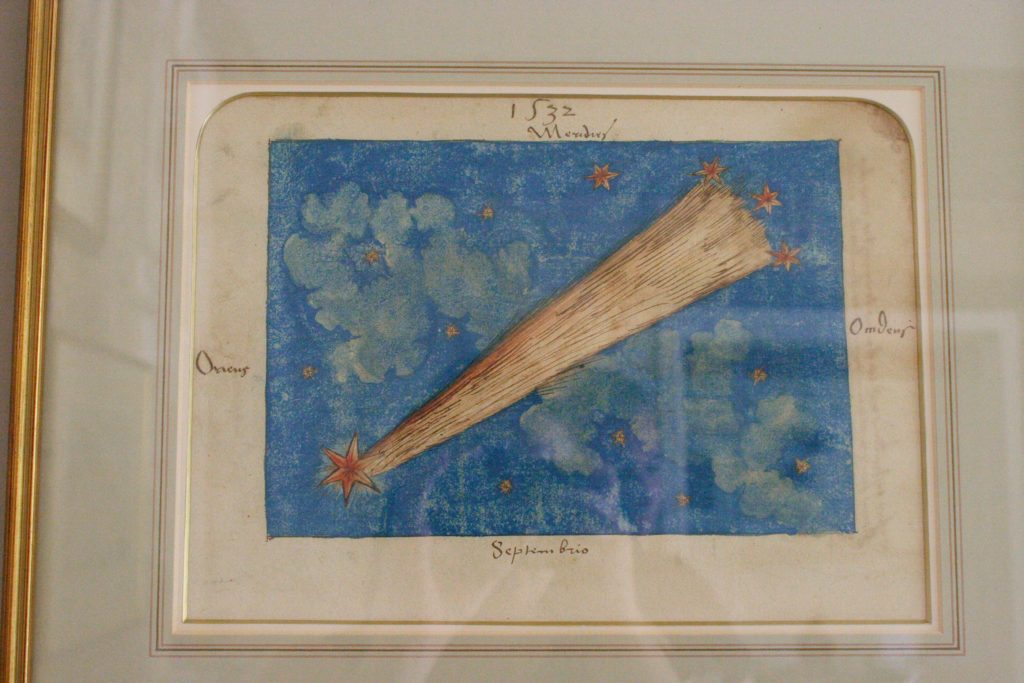
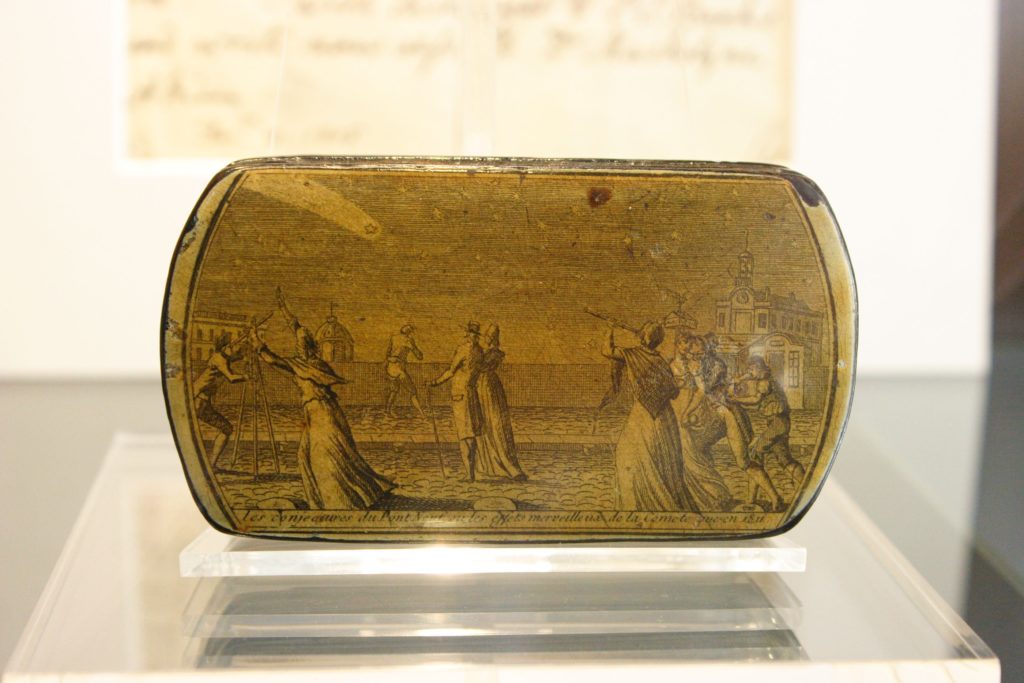
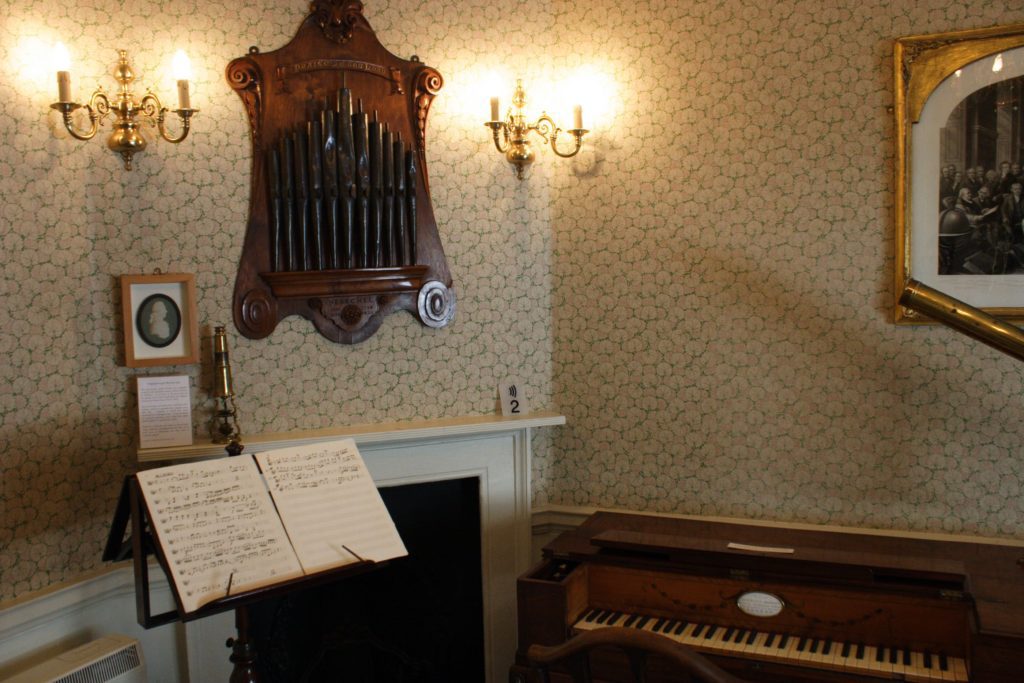
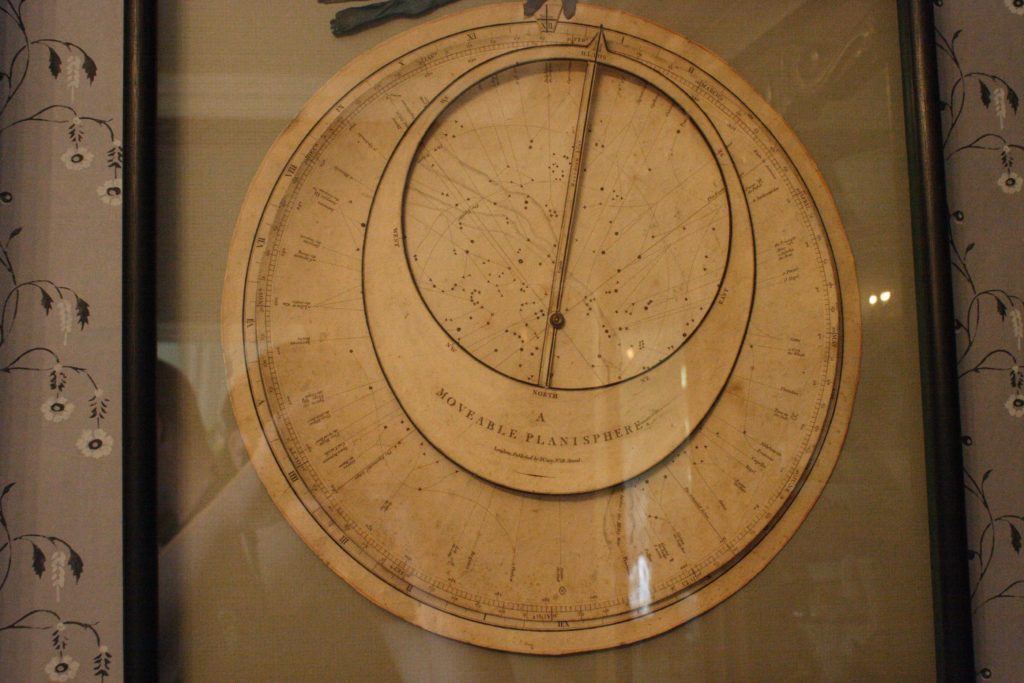
Many thanks to Danielle at Pantheon / Penguin Random House for the review copy.
Hardcover: 352 pages
Publisher: Pantheon (January 19, 2016)
Language: English
ISBN-10: 0804197938
ISBN-13: 978-0804197939
Product Dimensions: 5.9 x 1.3 x 8.6 inches

